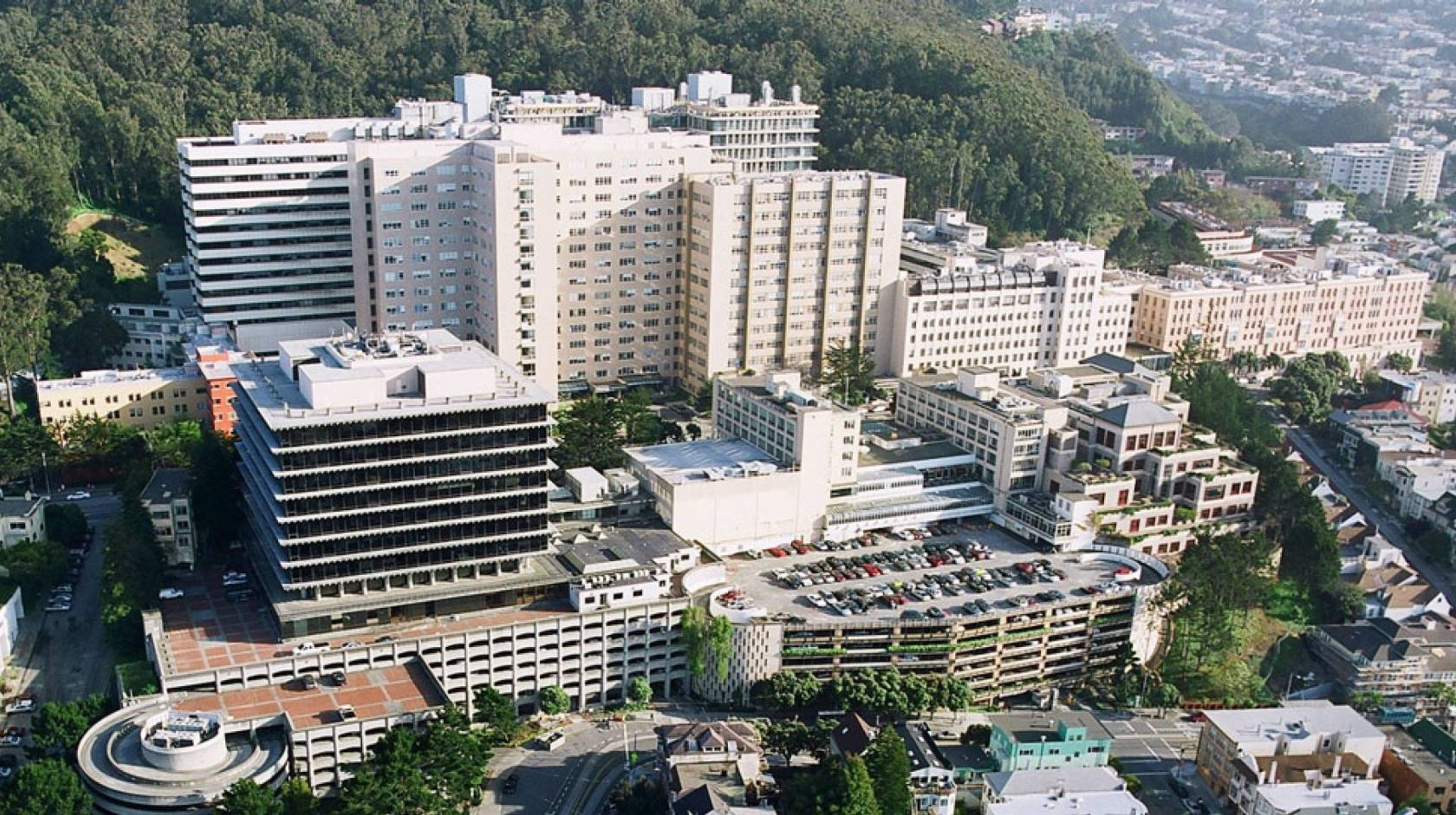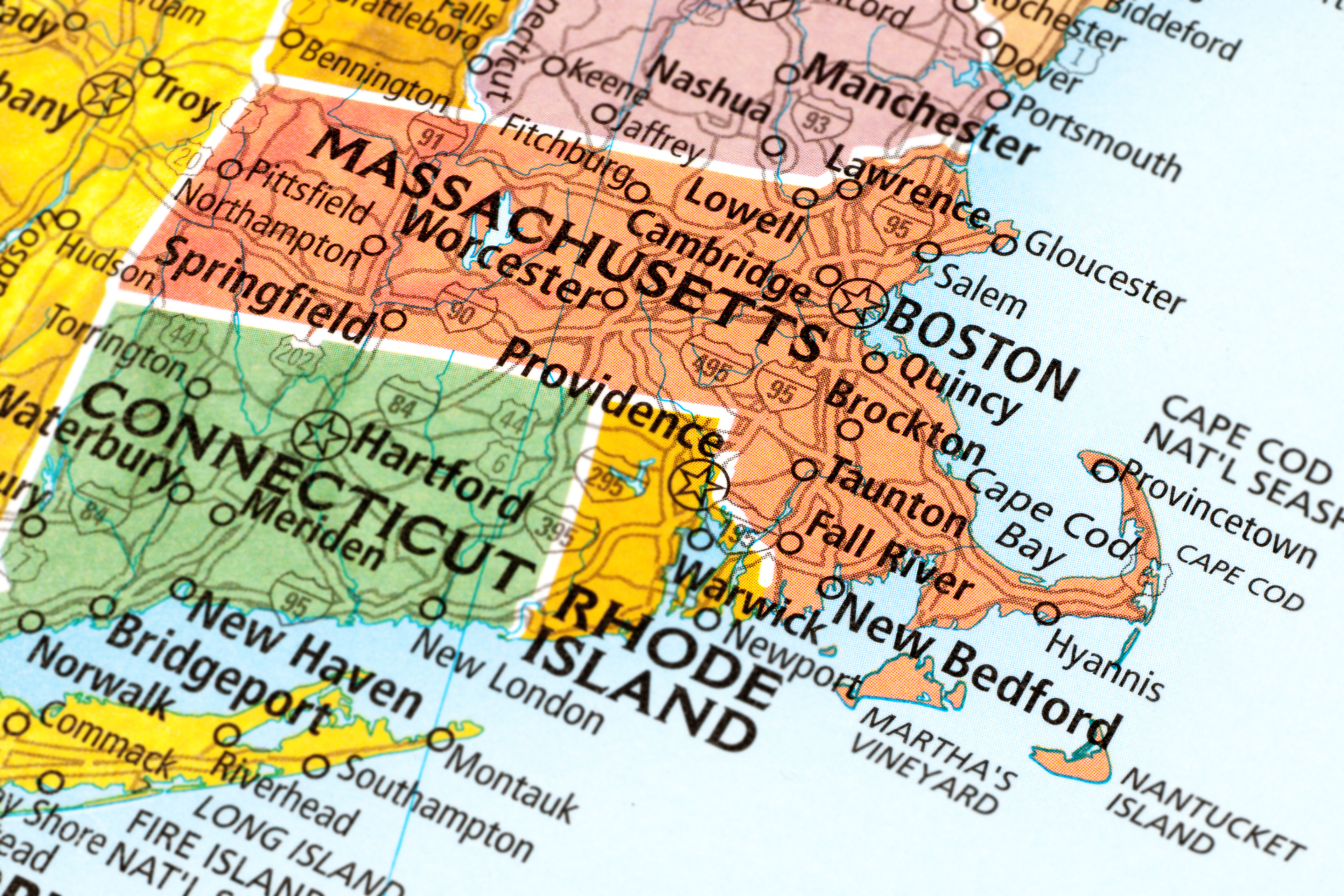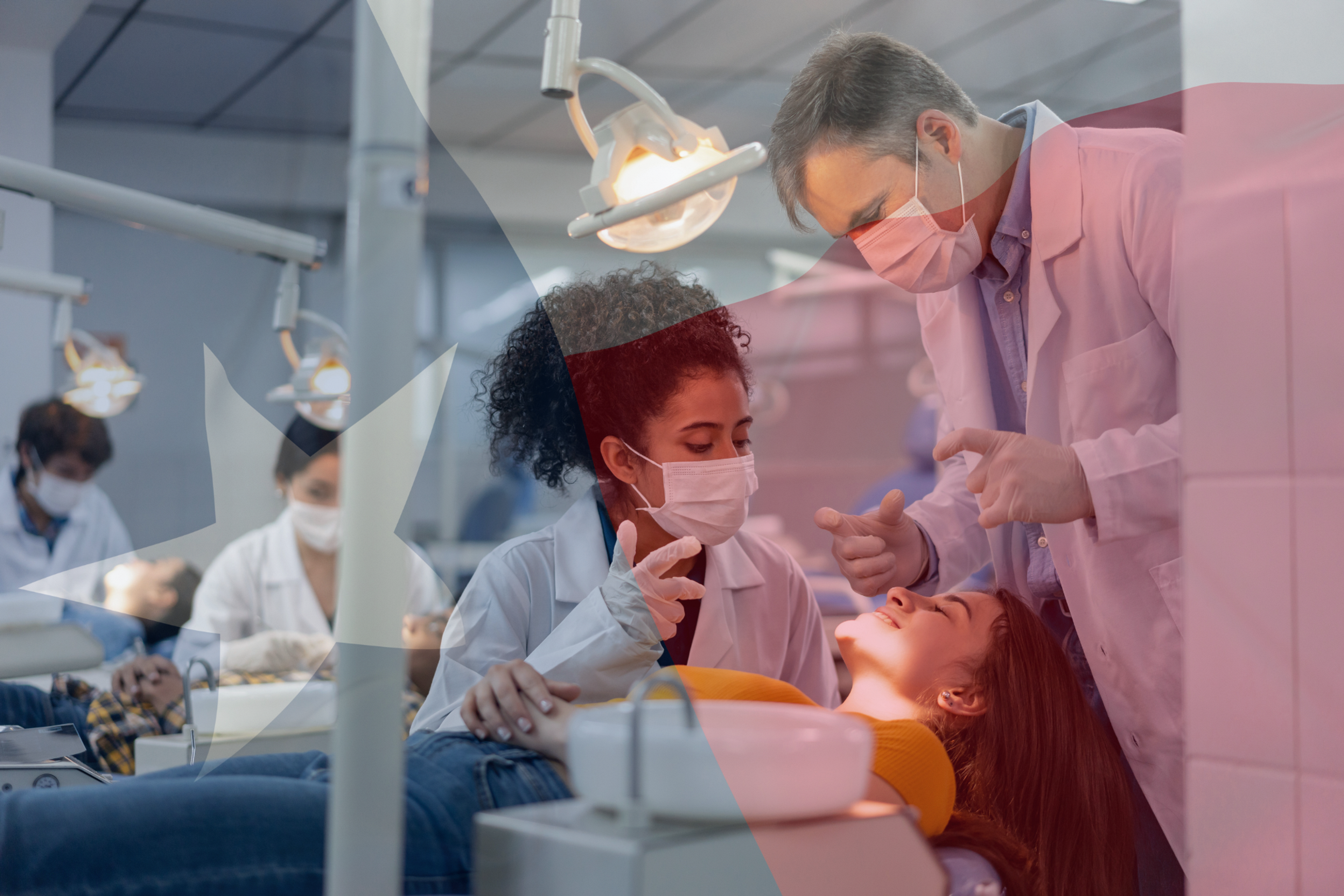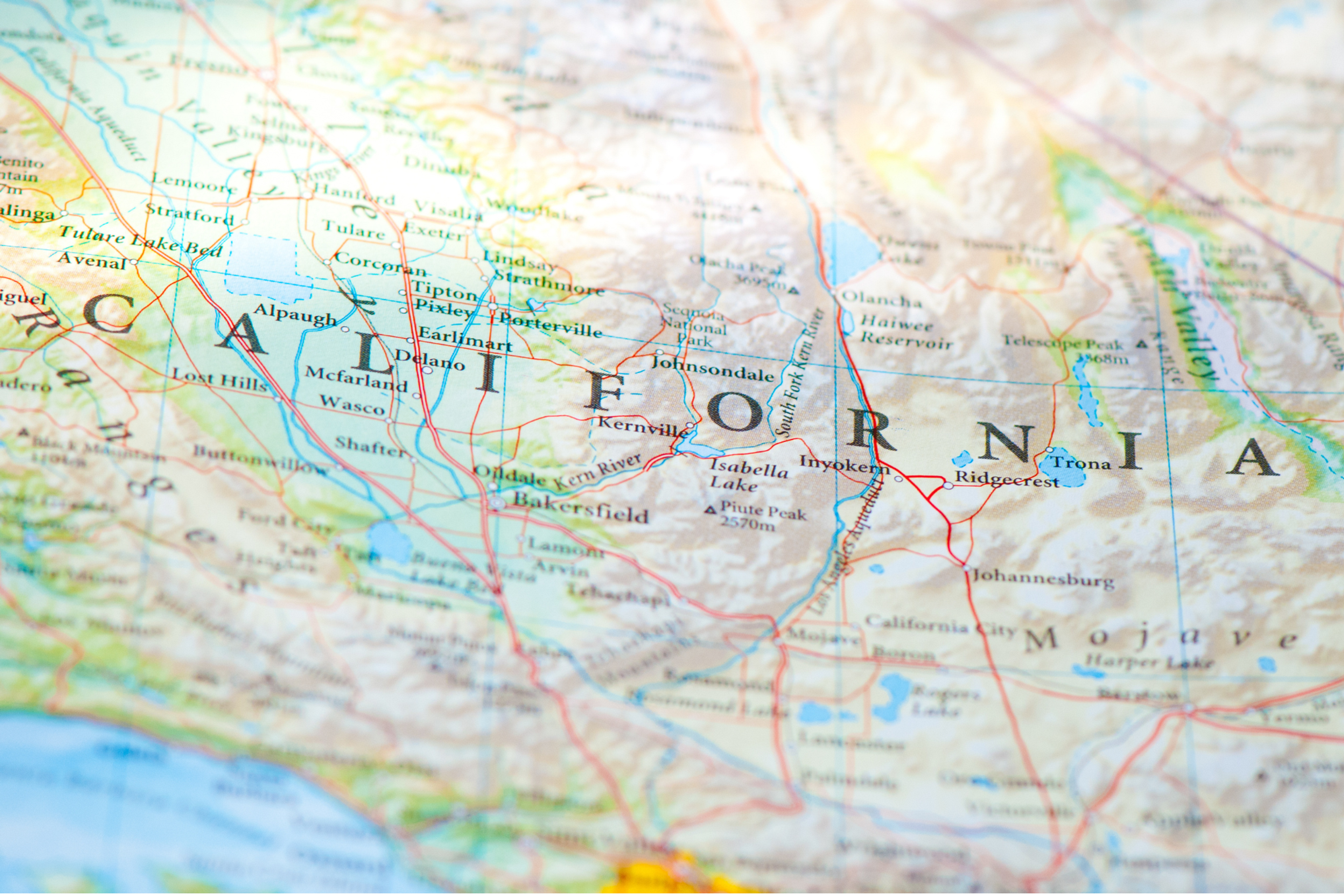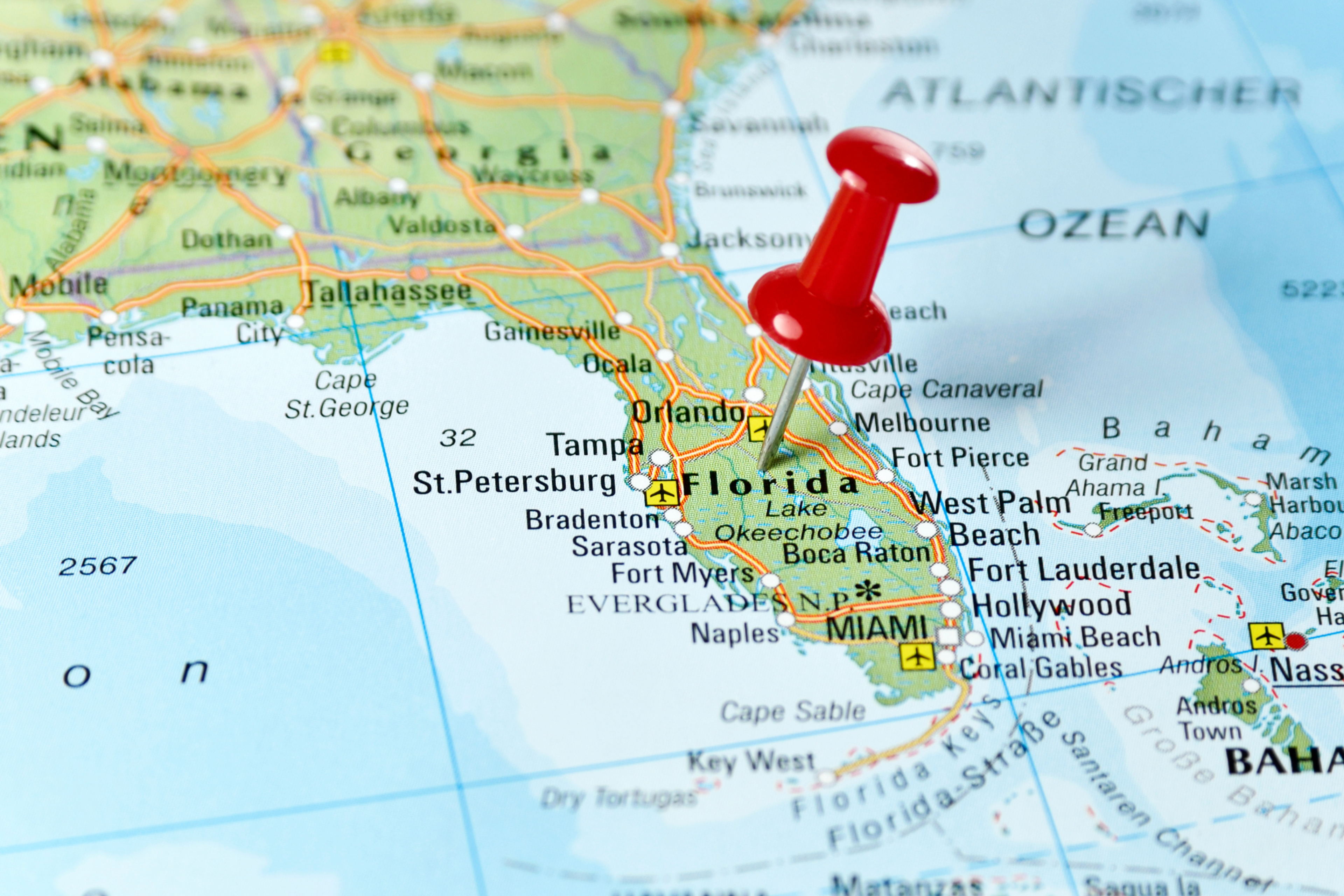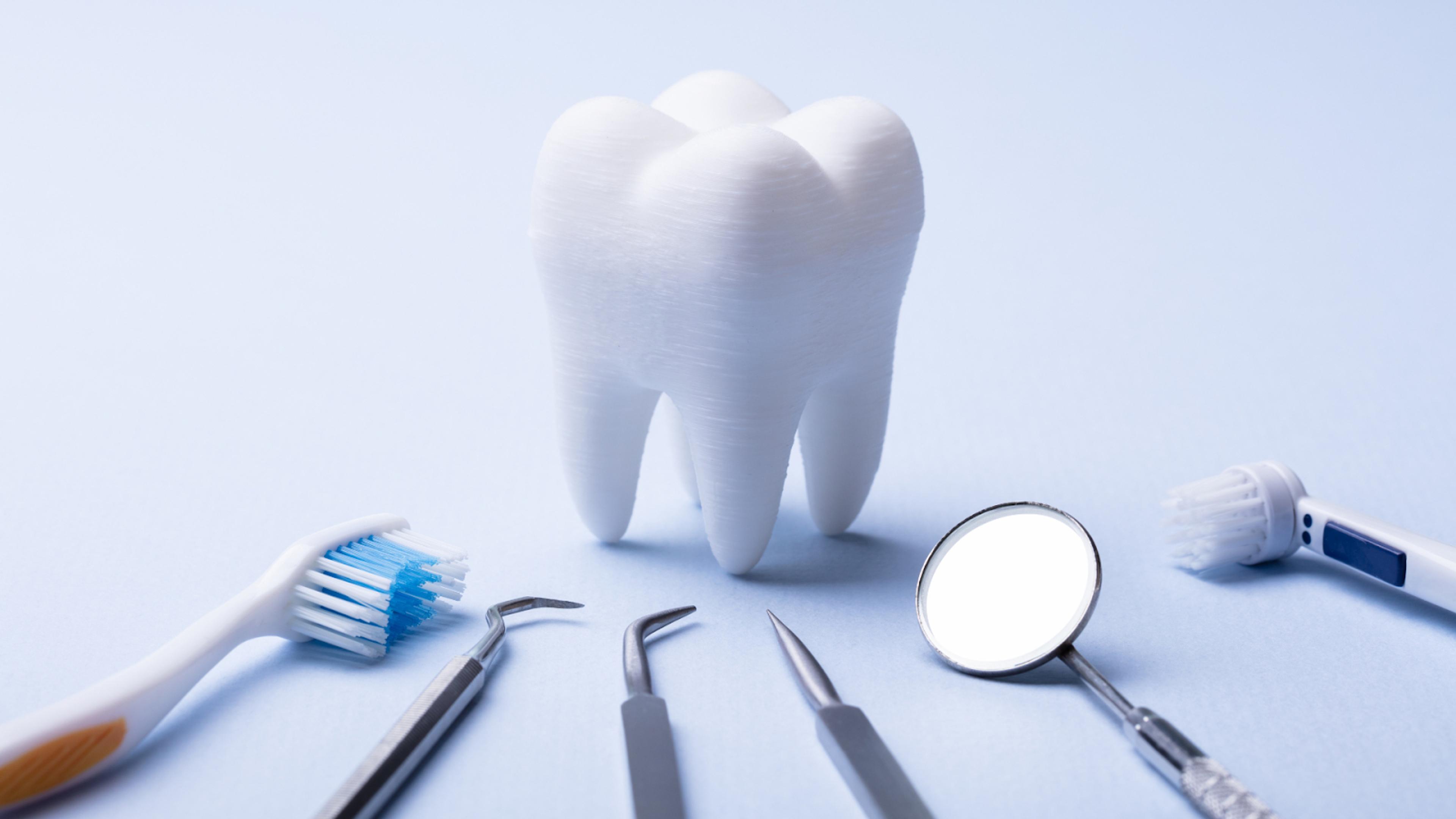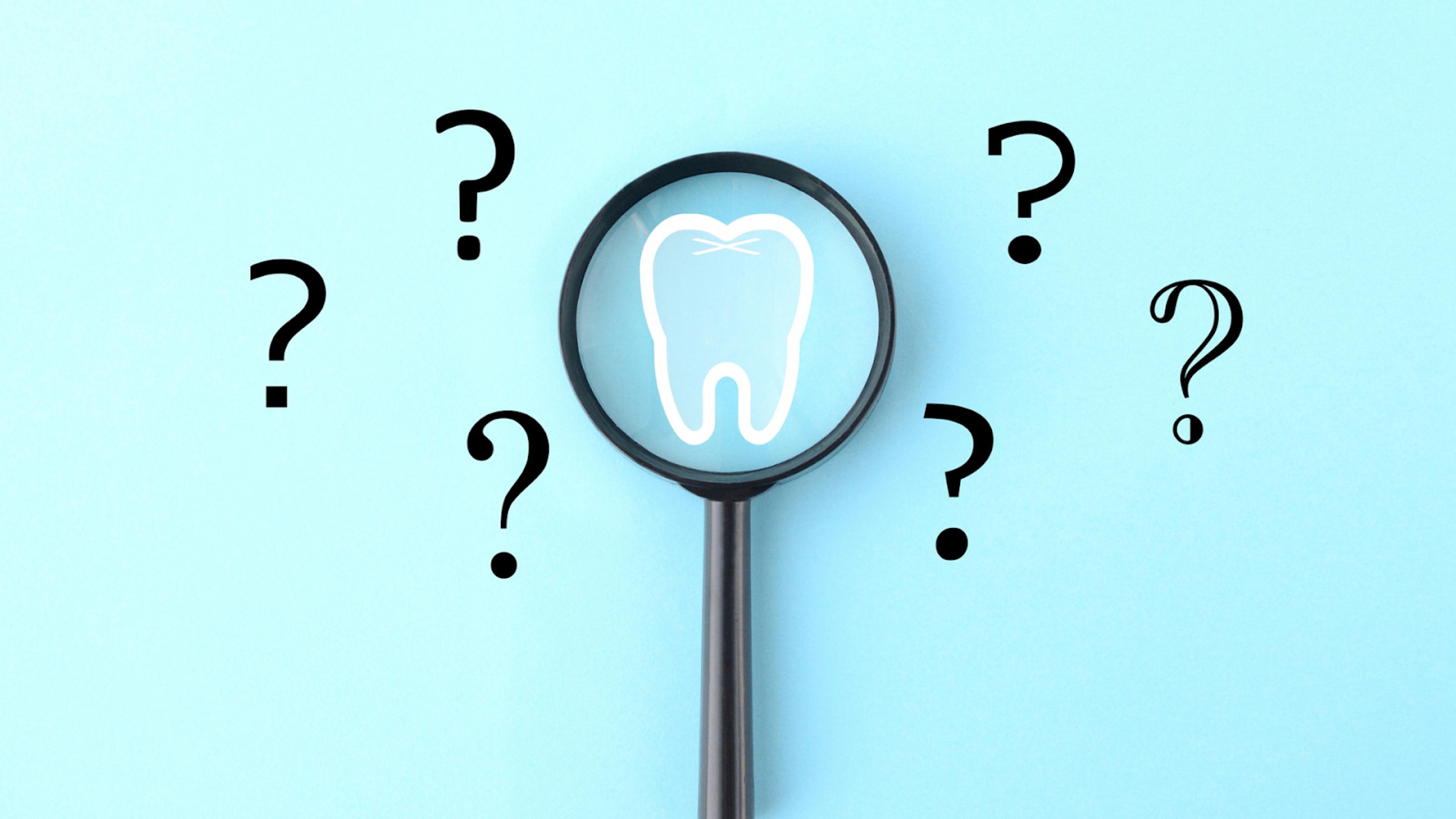UCLA Dental School: Application Requirements, Acceptance Rates, and How to Get In
Considering applying to UCLA Dental School? Familiarize yourself with the application requirements, gain insights into the acceptance rates, and understand how to increase your chances of securing admission.
Posted July 10, 2025
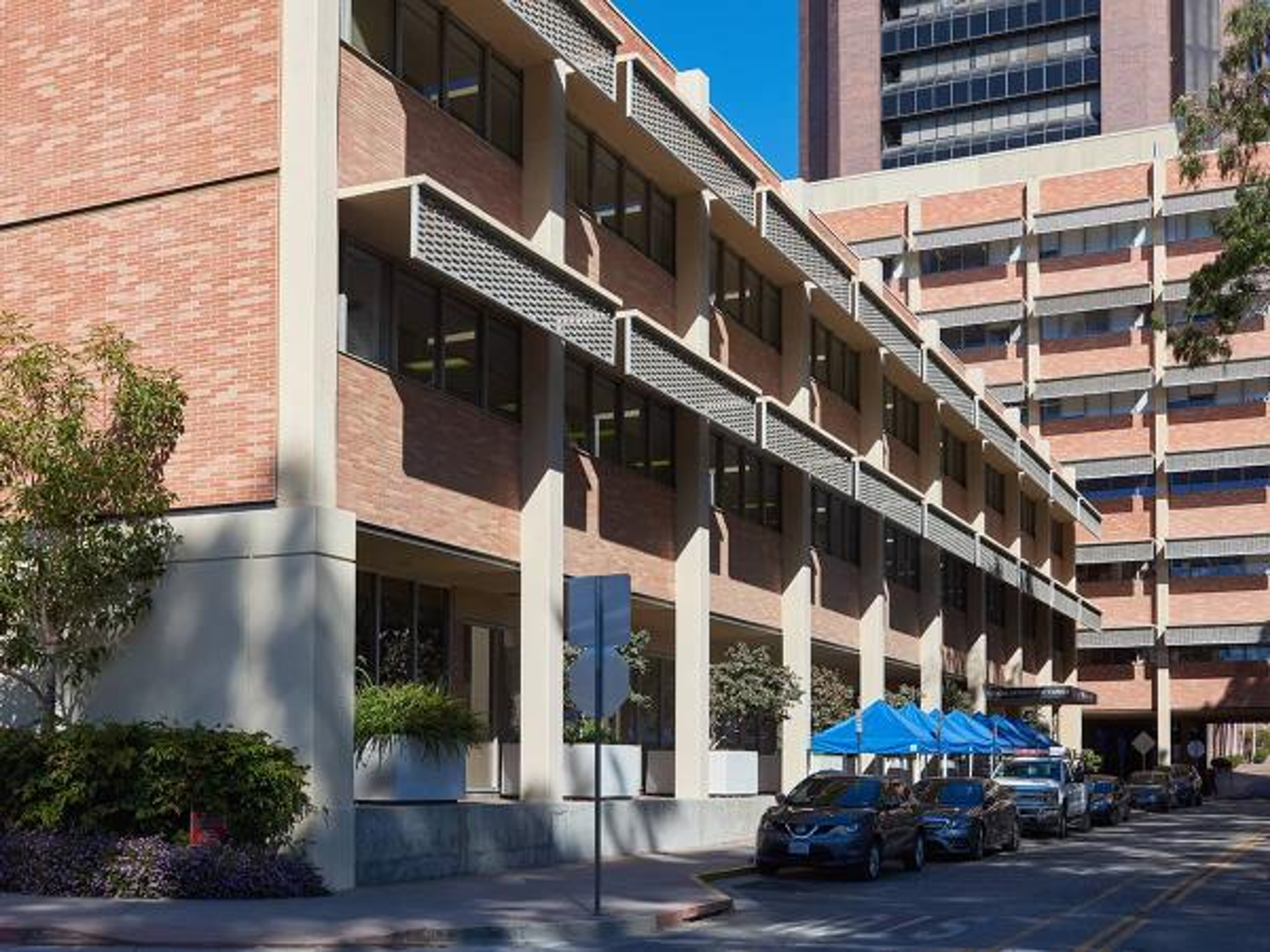
Join a free event
Learn from top coaches and industry experts in live, interactive sessions you can join for free.
Table of Contents
With one of the highest GPAs and DAT scores in the country, getting into UCLA’s School of Dentistry isn’t just competitive, it’s elite. Located in the heart of Los Angeles, UCLA Dentistry is globally recognized for clinical excellence, groundbreaking research, and its commitment to community-based care. If you're aiming for a spot in this prestigious DDS program, you'll need more than strong academics; you’ll need a strategy. In this guide, we’ll break down exactly what it takes to stand out, from application requirements and class stats to insider tips that can give you a real edge.
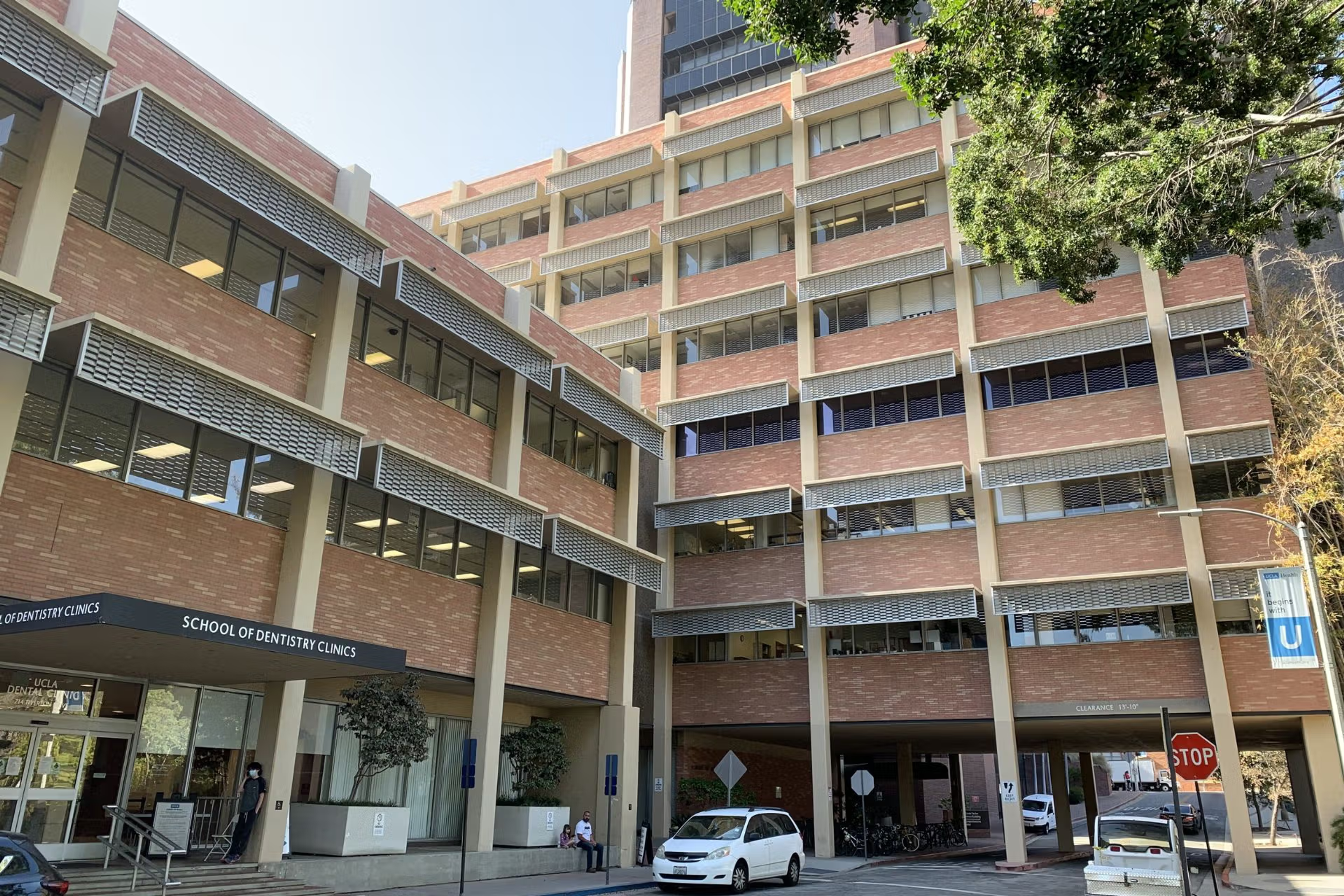
UCLA DDS Class Profile (Class of 2027)
- Acceptance Rate: 6%
- Class Size: 88
- Average Overall GPA: 3.84
- Average Science GPA: 3.81
- Average DAT Score: 24
- Total Science Average: 22
- Perceptual Ability Average: 24
- Gender Breakdown:
- Female: 54 students (61.4%)
- Male: 33 students (37.5%)
- Gender Not Stated: 1 student (1.1%)
For more information, UCLA School of Dentistry DDS Application Overview.
Application Deadlines (2025–2026)
- Application Opens: Early June 2025
- Application Deadline: January 1, 2026, at 11:59 PM (Eastern Time)
Applicants must submit their primary application through the ADEA AADSAS system. UCLA reviews applications on a rolling basis, beginning in December, and continues sending acceptances through May 1. Early submission is strongly recommended, as interviews and acceptances are granted as applications are reviewed.
For more information, you can visit UCLA School of Dentistry Application Page.
Academic Prerequisites
In order to apply, you must have completed the following prerequisites with a C or higher by June 30th of the year of intended entry. Up to 70 semester or 105 quarter units of community college coursework can be accepted, but online classes for web-based education are not accepted.
- Inorganic or General Chemistry with lab (8 semester or 12 quarter hours)
- Organic Chemistry with lab (6 semester or 8 quarter hours)
- Physics with lab (8 semester or 12 quarter hours)
- Biology with lab (8 semester or 12 quarter hours)
- English Composition (6 semester or 8 quarter hours)
- Introductory Psychology (3 semester or 4 quarter hours)
- Biochemistry (3 semester or 4 quarter hours)
Recommended Courses:
- Histology
- Physiology
- Human or Comparative Anatomy
- Social Sciences
- Microbiology
- Communication
- Business
- Composition
- Technical Writing
- Fine Arts
- Philosophy
- Engineering
- Classics
DAT Scores
You’ll need to submit official scores from a Dental Admission Test (DAT) no later than December 31 and within a 3-year period of the year you are applying for. Canadian DATs are not accepted. While UCLA does not have a score cutoff, the admissions committee recommends applying with at least a 20.
Letters of Recommendation
While only three letters of recommendation are required, the admissions committee highly recommends submitting four letters. Your recommenders can be any objective source familiar with your accomplishments, such as employers, volunteer supervisors, college professors, college counselors, or recommendation committees. If you participated in research, the SOD recommends you submit a letter from your research supervisor.
Supplemental Essay Questions
Within your AADSAS application, you’ll need to answer the following supplemental essay questions:
- How do you deal with failure? (350 characters)
- How would you assess your ability to ask for help and give one example of when you had to do so? (350 characters)
- Please LIST 3 ways you deal with stress. (100 characters)
- Are you making, or have you already made, a career change prior to applying to dental school? Please explain. (350 characters)
Required for applicants not currently in school:
- If you are not currently enrolled in school, what have you been doing since graduation? (600 characters)
Other Application Items
While not required, it is highly recommended that you include any shadowing, volunteering, research, academic enrichment, and employment experiences in your application. Extracurricular experiences will help the admissions committee understand your interest in dentistry, your involvement in community service, and your unique characteristics.
You’ll also need to pay a $60 application fee.
Interview
After submitting your application, you may be extended an invitation to interview on campus and participate in a campus tour led by a current student, faculty member, or admissions staff member.
The interview consists mainly of behavioral questions to help the admissions committee understand why you are interested in dentistry, how you will contribute to the incoming DDS class, and where you see yourself in the dental profession.
Our Tips for the UCLA Dental Interview:
- Your interviewer will generally have read your application beforehand, so try to bring up things they may not know about you from your file, such as personal experiences and characteristics
- Come prepared with possible answers to common questions and questions of your own to ask your interviewer. Remember, this is also your chance to learn more about the program
- Practice! Behavioral interviews are all about conversations and personality, so practice with a trusted and experienced individual to reduce your nerves and put your best foot forward. Our seasoned dental admissions coaches can help you prepare through mock interviews and targeted feedback
UCLA DDS Program Overview
The School of Dentistry at the University of California Los Angeles is dedicated to improving oral and general health in California through education, research, patient care, and public service. As a DDS student, you’ll develop clinical skills through training from internationally recognized faculty, learn from a cutting-edge curriculum, and work directly with patients throughout Southern California and out-of-state.
Like most schools in the University of California system, UCLA operates on a quarter system. The four-year DDS program is divided into twelve quarters of ten weeks each, plus three required summer quarters. In D1 and D2, you’ll cover the basics of the biomedical sciences and complete preclinical laboratory courses. Direct patient care in general dentistry begins in D2 and continues through the rest of the program, with additional clinical experience through rotations at specialty and community clinics.
Clinical Experience
UCLA SOD offers a wealth of clinical experience opportunities that are designed to provide students with hands-on training in patient clinics covering a variety of dental procedures. Dental students will work in teams under faculty supervision in the state-of-the-art UCLA dental clinics in general dentistry, orthodontics, pediatric dentistry, restorative dentistry, and more. These patient clinics serve a diverse population, allowing students to gain invaluable experience providing dental services to individuals from different backgrounds and with varying oral and general health needs.
Dental students will also complete specialty and community clinic rotations in oral radiology, oral surgery, patient assessment, special patient care, and urgent care. In their final year, students will complete at least six weeks of rotations through the Community-Based Clinical Education program at 21 affiliated patient clinics.
Research Opportunities
Whether it's investigating new treatment modalities, exploring biomaterials, or studying oral health care disparities, UCLA Dental School empowers students to develop critical research skills, foster scientific curiosity, and make meaningful contributions to the future of dental care. These experiences not only enhance students' knowledge and problem-solving abilities but also prepare them to become leaders in academia, clinical practice, and the dental industry.
Currently, UCLA offers T90/R90 Training Programs that educates and prepares the upcoming cohort of dentist-scientists and oral health scientists in four training areas: Cancer Biology, Oral Cancer & Stem Cells; Craniofacial Biology, Bioengineering & Regenerative Medicine; Microbes – Virulence Mechanisms and Advanced Imaging by Cryo-electron Microscopy; and Translational Genetics, Epigenetics & Genomics. The SOD also offers a Dental Research Fellowship Program, through which students participate in mentored literature review, basic science research, public and population health research, or clinical research.
For aspiring researchers interested in academic dentistry, the SOD also offers a rigorous DDS/PhD program. Candidates will first complete their DDS requirements and the oral biology core curriculum in four years, then complete a dissertation in three years, earning both a DDS and a PhD in Oral Biology.
Life on Campus
With a sprawling campus located in the heart of Southern California, UCLA students have broad opportunities for academic, social, cultural, and professional development. The School of Dentistry is home to dozens of study, service, and cultural clubs and four student publications to help you network with student colleagues and professionals and learn more about organized dentistry and the dentistry profession.
As a public institution, the UCLA School of Dentistry is more affordable than most private dental schools, especially if you are applying as a California resident, but the cost of attendance is still a significant financial burden for most. See the table below for the estimated cost of attendance for four years.
| D1 | D2 | D3 | D4 | |
|---|---|---|---|---|
| California Resident Tuition & Fees | $47,360 | $51,973 | $51,973 | $51,973 |
| Non-resident Tuition & Fees | $59,605 | $64,218 | $64,218 | $64,218 |
| Books, Supplies, & Equipment | $25,047 | $15,034 | $1,995 | $4,850 |
You may apply for financial aid in the form of loans, need-based grants, work-study programs, and university scholarships through FAFSA or MyUCLA (the student portal). The SOD also highly recommends applying for private scholarships listed here.
California is a member of the Western Interstate Commission for Higher Education (WICHE), so if you are applying as a student from another member state (AZ, AK, CO, HI, ID, MT, NV, NM, ND, OR, SD, the U.S. Pacific Territories and Freely Associated States, UT, WA, or WY), you may be eligible for reduced out-of-state tuition through the WICHE Professional Student Exchange Program (PSEP).
For more information Contact the DDS Admissions Coordinator:
- Phone: (310) 794-7971
- [email protected]
The Bottom Line
The UCLA School of Dentistry stands as one of the top dental institutions in the world, offering a competitive, research-driven, and clinically rich D.D.S. program. With a low acceptance rate, a high-achieving applicant pool, and a rigorous curriculum, gaining admission requires more than strong academics; it takes thoughtful preparation, early application, and meaningful experiences in dentistry and community service. From cutting-edge implant training to global research programs and community-based clinical education, UCLA equips its students to become compassionate clinicians and leaders in oral health. If you're ready to challenge yourself at one of the most respected dental schools in the country, UCLA could be the perfect fit.
Want to Boost Your Chances of Getting Into UCLA Dental?
Work with an expert admissions coach to refine your application, prep for interviews, and stand out in a highly competitive pool. Connect with a dental admissions coach today and take the next step toward your D.D.S. future.
For more information and resources to assist you along the path to becoming a dentist, check out the following articles:
- University of the Pacific Dental School: Application Requirements and How to Get In
- An In-Depth Guide to the Dental School Application Timeline
- Writing a Winning Dental School Personal Statement
- UCSF School of Dentistry: DDS Program Overview & Admissions Requirements
- Gap Year for Dental Schools: Pros, Cons, and How to Decide
UCLA School of Dentistry FAQs
Is it hard to get into UCLA dental school?
- Yes, the UCLA School of Dentistry is highly competitive. The acceptance rate is typically around 4–6%, and admitted students often have GPAs in the 3.8–3.9 range and DAT scores above 23. With thousands of applicants each year and a small class size, applying early with a strong academic and extracurricular profile is key.
Is UCLA a good school for dentistry?
- Absolutely. UCLA is consistently ranked as one of the top dental schools in the United States and is recognized globally for its excellence in clinical training, research, and public service. The school offers robust clinical experiences, interdisciplinary learning, and access to cutting-edge dental technology.
What is UCLA Dentistry ranked in the world?
- UCLA School of Dentistry is ranked among the top six dental schools worldwide, according to international academic rankings. It has earned global recognition for its leadership in dental education, research, and patient care.
Does UCLA dental school do implants?
- Yes, UCLA offers specialized training in implant dentistry. The school runs clinical programs and preceptorships focused on advanced implantology and prosthodontics, and its faculty are actively involved in research related to implant technology and surgical techniques.


















